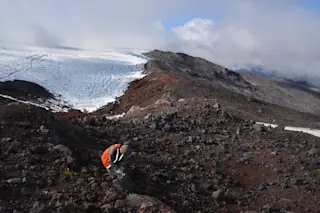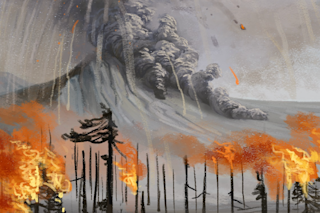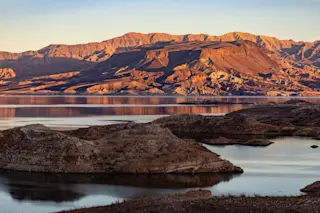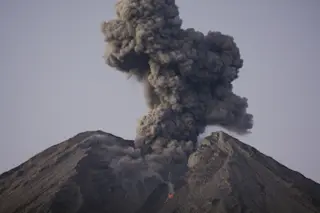In November 2022, the United Nations announced that for the first time the world’s population had reached 8 billion people. The milestone, says the organization, is both a unique opportunity to celebrate our diversity and to understand our shared responsibly in taking care of the planet. It matters more than ever because while the number of humans is growing, the world’s resources are shrinking because of climate change.
But overpopulation isn’t a new problem — it’s been around long before the number of people living on Earth broke a billion.
In the ancient Epic of Atrahasis, written in 1700 B.C., the gods were tired of an overpopulated planet and began eliminating humans through a series of plagues and then a great flood. The epic highlights the fears surrounding overpopulation even when our numbers likely hovered around a few million.
Some 2,000 years later, there was concern for overpopulation again, but ...















